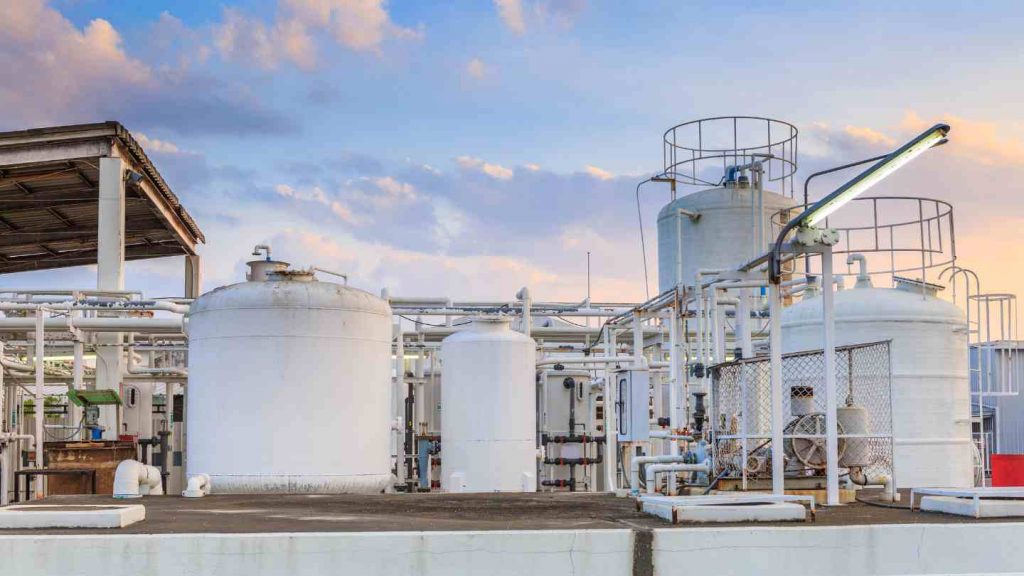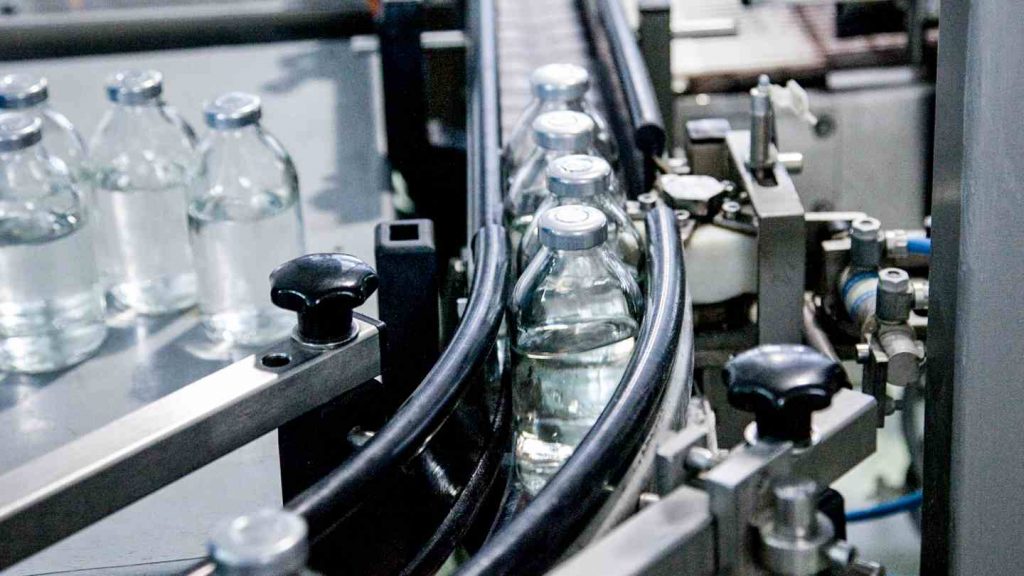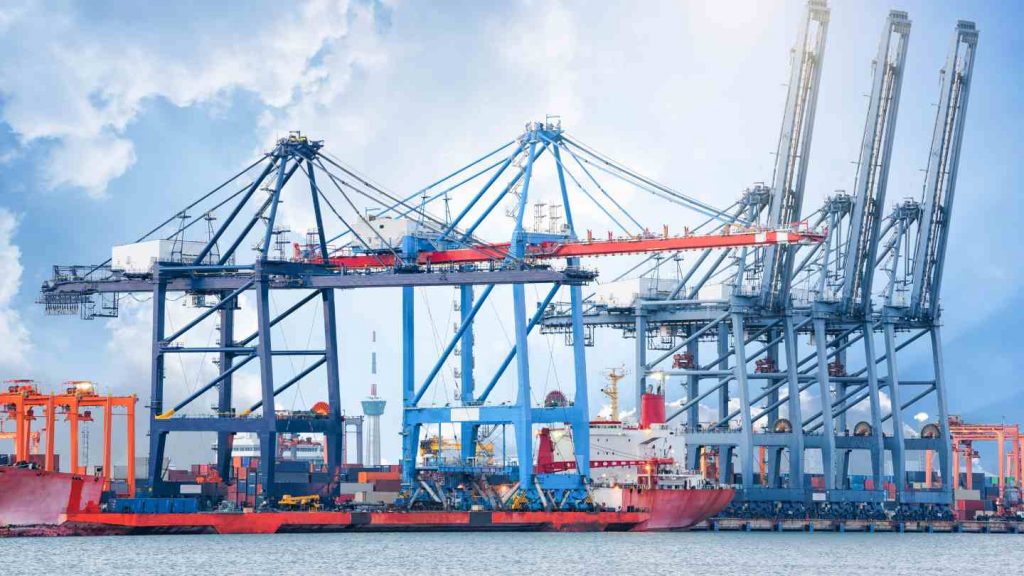"We expect Loady to result in a transparent communication with our logistics service providers, suppliers and customers. If everybody knows, what the other party needs and/or what needs to be provided, all gear wheels can mesh together and complex mechanisms can work efficiently."

Sebastian Jarzombek
Nutrition & Health - Production Manager Isophytol Fabrik
BASF SE
BASF SE
This is how industrial companies and distribution benefit from Loady
Loady fills a gap in logistics and provides reliable requirements for loading and unloading products at the sites of manufacturing companies and their customers.
Loady is based on a very simple principle: companies manage their requirements and relevant information in Loady in a unique, standardized structure. Then, they can share their data with their suppliers, customers and logistics service providers for operational transactions.
Special views, such as the mobile view Loady2Go, can facilitate understanding via a display tailored to the needs of specific user groups.
Communication of loading and unloading requirements along the supply chain
- Resilient information in a standardized, cross-industry structure
- Joint understanding
- Seamless processes and interactions
- More efficient and reliable logistics processes
Comprehensive and up to date
- User-friendly
- Multiple languages
- Change tracking
- Push-notifications / workflows
Secure sharing of data
- Access rights at transport lane level (product – loading point – unloading point)
- Temporary validity of access rights
Integrated with company systems via API
- Customizable interface
- Best Practices for successful integrations with the industry
- Logistics master data is directly managed in Loady or first integrated from corporate systems and than enriched with logistics specifications
- Updated and completed master data goes back to company systems and operative logistics applications
- Users get the highest benefits, if they can get Loady data where they need in in their part of the logistics processes: in the ERP, TMS, Yard Management Systems, Freight Procurement & Spot Freight Bidding Platforms, eCMR-solutions, eECD, ePPL, etc.















